
Photo: Uday Mittal

Photo: Uday Mittal
This page is more than one year old.
Extrasensory perception (ESP), sometimes called the 'sixth sense', is believed to be a type of communication or perception beyond our standard five senses: sight, hearing, taste, smell, and touch. People who claim to have this ability, often referred to as 'sensitives' or 'psychics', suggest they can receive information through techniques like mind-to-mind telepathy, clairvoyance, and precognition.
ESP is not considered a physical sense like sight or hearing. Instead, it's described as a form of perception or communication that exists beyond the physical realm. In the paranormal community, ESP is often discussed in the context of ghost hunting and spiritual communication. Some ghost hunters believe that those with ESP can communicate with spirits or sense their presence in a way others cannot.
Many believe that ESP abilities are a natural gift that individuals are born with. This is often based on anecdotal evidence from individuals who claim to have experienced psychic phenomena from a young age or from families where such abilities are said to run in the lineage. Conversely, there are practitioners and teachers in the field of psychic development who argue that ESP abilities can be developed through practice and training.
Although ESP has been the subject of serious scientific study, to date, there's no conclusive evidence to validate the existence of ESP. The field of parapsychology uses a variety of methods to study ESP, from card-guessing tests to controlled laboratory experiments, yet results often remain inconclusive or disputed.
Perhaps the best known form of ESP is telepathy, the supposed ability to directly transfer thoughts, feelings, or information from one person's mind to another's without using words, gestures, or other conventional forms of communication. It's often portrayed as 'mind-reading' in popular culture.
Another heavily researched aspect of ESP is precognition. This refers to the alleged ability to see or know about future events before they happen. This foresight can range from vague premonitions or feelings of foreboding to specific visions of upcoming events. The opposite of precognition is retrocognition, the ability for someone to acquire knowledge of past events that ordinarily they should not have knowledge or personal memories of. This could involve seeing visions of the past or experiencing events that have already occurred.
The ability to obtain information about a person, place, or event through physical contact with an object associated with them is also a form of ESP called psychometry. For example, a psychic might hold a watch or piece of jewellery and describe its owner's experiences, emotions, or history. Psychometry is often used in paranormal investigations to try and uncover hidden or lost information about a place or object's past.
In ghost hunting, psychometry might be used to make contact with the spirit associated with a particular object or to learn more about the history of a haunted location. Ghost hunters who claim to have psychometric abilities might handle personal items found in a haunted house to gain insights into past events or the spirits involved.
Remote viewing is said to be the ability to see, describe, and obtain information about a distant or unseen target, typically a location, object, or event, without the use of the normal senses and without any prior knowledge about the target. Remote viewing experiments often involve a "viewer" who attempts to describe or draw detailed information about a target that is physically inaccessible and unknown to them. The concept of remote viewing gained popularity in the 1970s and 1980s, particularly due to its association with various government-sponsored research programmes, such as the Stargate Project in the United States. This research aimed to investigate the potential for psychic functioning in military and domestic intelligence applications.
In remote viewing, the target can be something present in the current time, something from the past, or even something predicted to occur in the future. In this respect, there is some overlap between retrocognition and precognition. It could also be said to be a form of clairvoyance, the ability to see objects, events, or people that are not visible through the normal senses.
Clairvoyance, which literally means 'clear seeing', is part of a wider group of extrasensory abilities that are generally linked with mediumship. Whereas clairvoyance involves receiving insights visually, clairaudience is linked with the traditional sense of hearing. It is the claimed ability to hear voices, sounds, or music that are not audible to the normal ear. Clairsentience involves having a physical sensation or a 'gut feeling' about something that is not otherwise apparent, including feeling the energy or emotions of people, places, or spirits. This is often reported by ghost hunters who enter a room and immediately feel a change in emotions or physical sensations, like a drop in temperature. Claircognizance, or 'clear knowing', is the ability to acquire knowledge without knowing how or why you know it.
Less commonly discussed are clairalience and clairgustance. Clairalience is the ability to smell odours through extrasensory means. This could be the perfume of a deceased relative or the scent of a historical event, like the smell of smoke from a fire. Clairgustance involves tasting a food associated with a deceased person or a past event, without anything physically in your mouth.
In the world of paranormal investigation, many ghost hunting teams include or consult with psychic mediums who claim to have the ability to communicate with the dead, using their psychic senses to receive messages from spirits or to sense their presence in a particular location. This is based on the belief that ESP allows individuals to perceive beyond the conventional physical senses, allowing them to sense non-physical entities such as ghosts or spirits.
Although these abilities are well-defined in nature, the mechanism allowing information to be transmitted beyond the traditional senses is not understood. Some think it could be down to an as-yet-ununderstood psi factor or force. Supporters of this theory believe that ESP could be a manifestation of this force, enabling information transfer through means not yet explained by science.
Another possible theory is based around the idea of a collective unconscious, a part of the unconscious mind containing memories and impulses common to all human beings. In this theory, ESP could be explained by individuals tapping into this collective unconscious, accessing information or experiences not personally known to them but shared at a deeper, universal level.
Biologist Rupert Sheldrake's theory of morphic resonance could also be used to provide a possible mechanism that would allow for ESP abilities. Sheldrake suggests that there is a field within and around all living things that contains the collective memory and learned information of the species. According to this theory, ESP might occur when individuals tap into these fields, known as morphic fields, allowing them to access information beyond their immediate sensory environment.
The idea is also similar to the theory that all living organisms have an energy field known as an 'aura' around them and that these fields can interact with each other. ESP could be a result of sensitive individuals picking up and interpreting information from these bioenergetic fields.
Or, could it be that consciousness is not limited to an individual's brain but is part of a larger fabric of reality? This could mean that everyone's minds are connected at a fundamental level, allowing for the transmission of information through ESP. This view is often linked to spiritual beliefs about the interconnectedness of all things.
If ESP ever had its golden age, then it was in the 1930s when the phenomena were being researched by J.B. Rhine, often considered the father of modern parapsychology. During the 1930s, he conducted extensive research into ESP at Duke University in the United States. He developed various methods for testing psychic abilities, including the use of Zener cards - the now famous cards featuring five distinct symbols - to test for clairvoyance and telepathy.
Rhine's work brought a new level of scientific rigour to the study of psychic phenomena and established many of the experimental protocols still used today. However, his methodologies and results have been heavily criticised over the years for issues such as lack of proper controls, statistical errors, and possible experimenter bias.
Another important era of ESP research began in 1979 with the formation of the Princeton Engineering Anomalies Research (PEAR). The programme ran for nearly three decades and aimed to study the effects of the mind on physical systems and processes, including ESP. While PEAR reported small but statistically significant effects, the broader scientific community has not accepted these findings due to criticisms of their statistical analyses and experimental designs.
Despite these and other efforts, no ESP research has definitively passed the rigorous requirements of the scientific method to the point where ESP is accepted as a real phenomenon by the mainstream scientific community. Key issues include problems with the researchers' ability to reproduce the same results under the same experimental conditions, a lack of proper controls, and statistical issues.
Experimental issues are not the only problems challenging the existence of ESP. All of the phenomena that fall under the umbrella of ESP would require information transfer in ways that violate known physical laws. For example, telepathy would involve communication between minds without any known physical medium or mechanism. Critics argue that until a plausible mechanism that aligns with established scientific principles is proposed, ESP remains theoretically implausible.
Many claims of ESP are based on personal, subjective experiences, which are difficult to measure or verify. This subjectivity presents a problem in regards to scientific investigation and validation.
More Essential Parapsychology
See All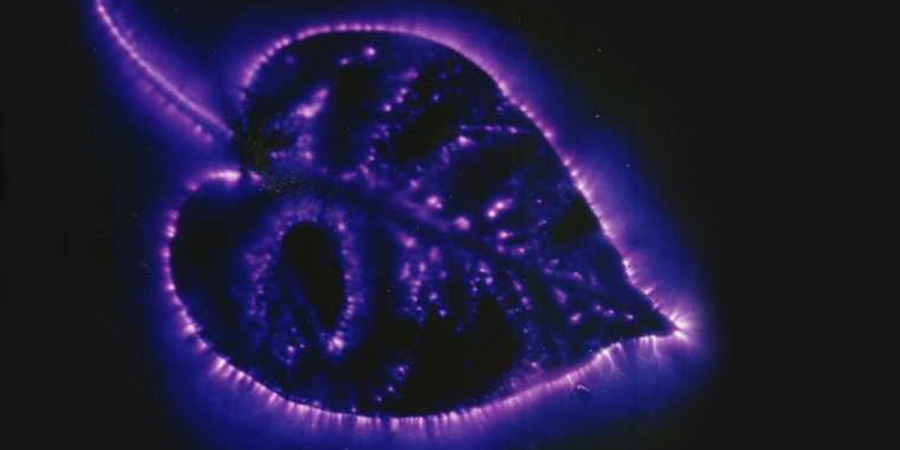
ArrayOctober 11, 2024
The Reality Behind Kirlian Photography’s Glowing Auras

ArrayOctober 07, 2024
Could Retroactive Psychokinesis Allow Us To Influence The Past?

ArrayOctober 05, 2024
What Spontaneous Cases Are & Why Parapsychologists Research Them
Further Reading
Dive into the world of the paranormal and unexplained with books by Higgypop creator and writer Steve Higgins.

Encounters
A historical overview of UFO sightings and encounters, from 1947 to modern government reports.
Buy Now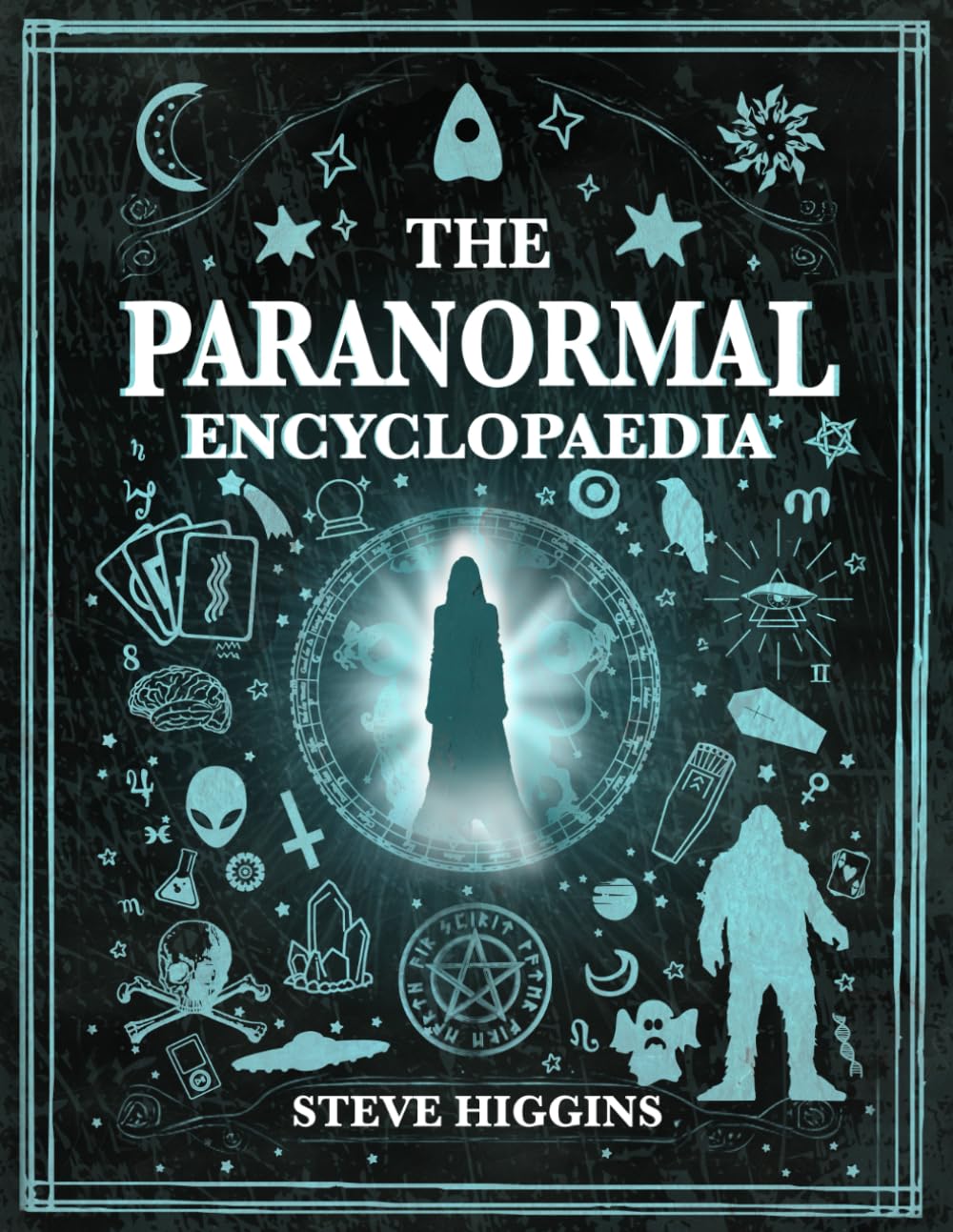
The Paranormal Encyclopaedia
A comprehensive encyclopaedia of over 200 unexplained topics, from mind reading to Ouija boards.
Buy NowMore Like This
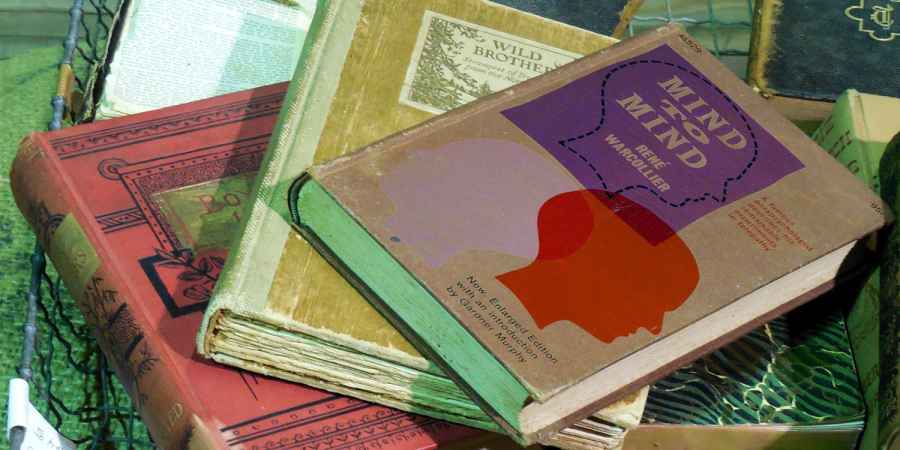
BooksMarch 17, 2025
Revisiting 'Mind To Mind': René Warcollier's 1948 Book On Telepathy
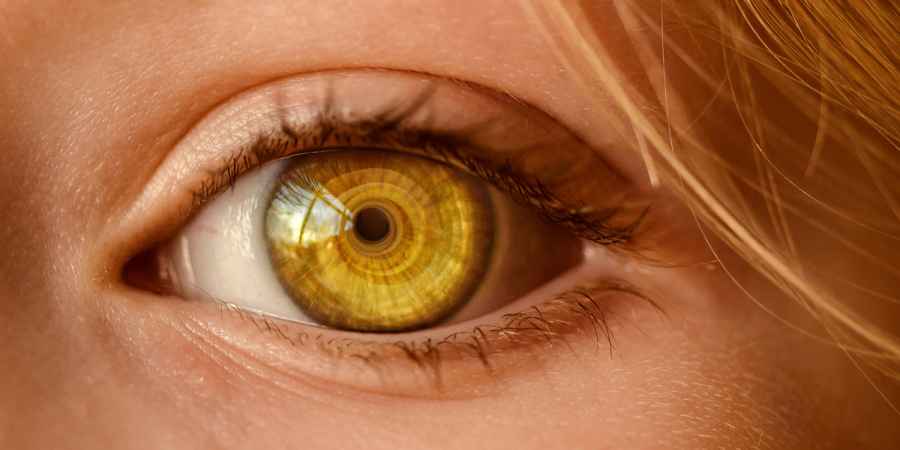
Remote ViewingMarch 16, 2025
Remote Viewing Glossary: Key Terms & Definitions
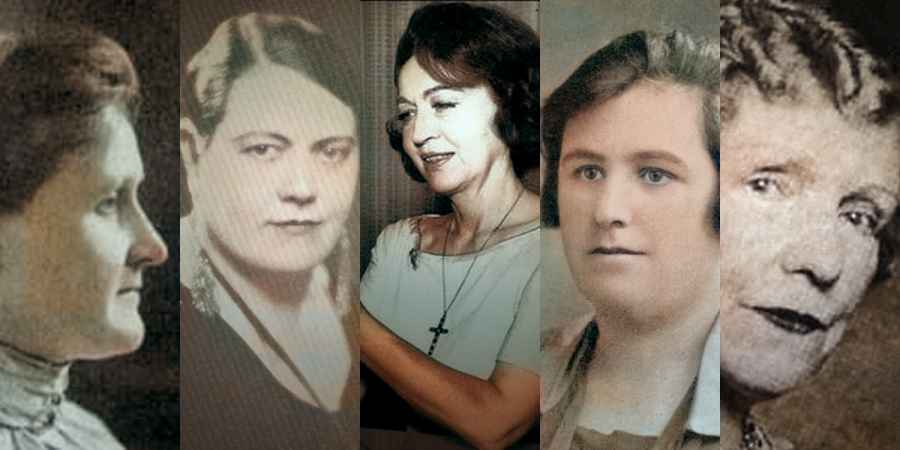
Womens DayMarch 08, 2025
Influential Female Psychics & Mediums

Remote ViewingMarch 07, 2025
Examining The Best Evidence For The Existence Of Remote Viewing
 See More on Audible
See More on Audible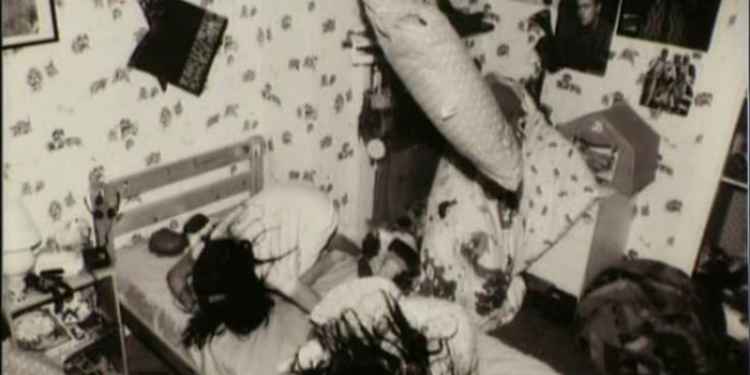

Comments
Want To Join The Conversation?
Sign in or create an account to leave a comment.
Sign In
Create Account
Account Settings
Be the first to comment.